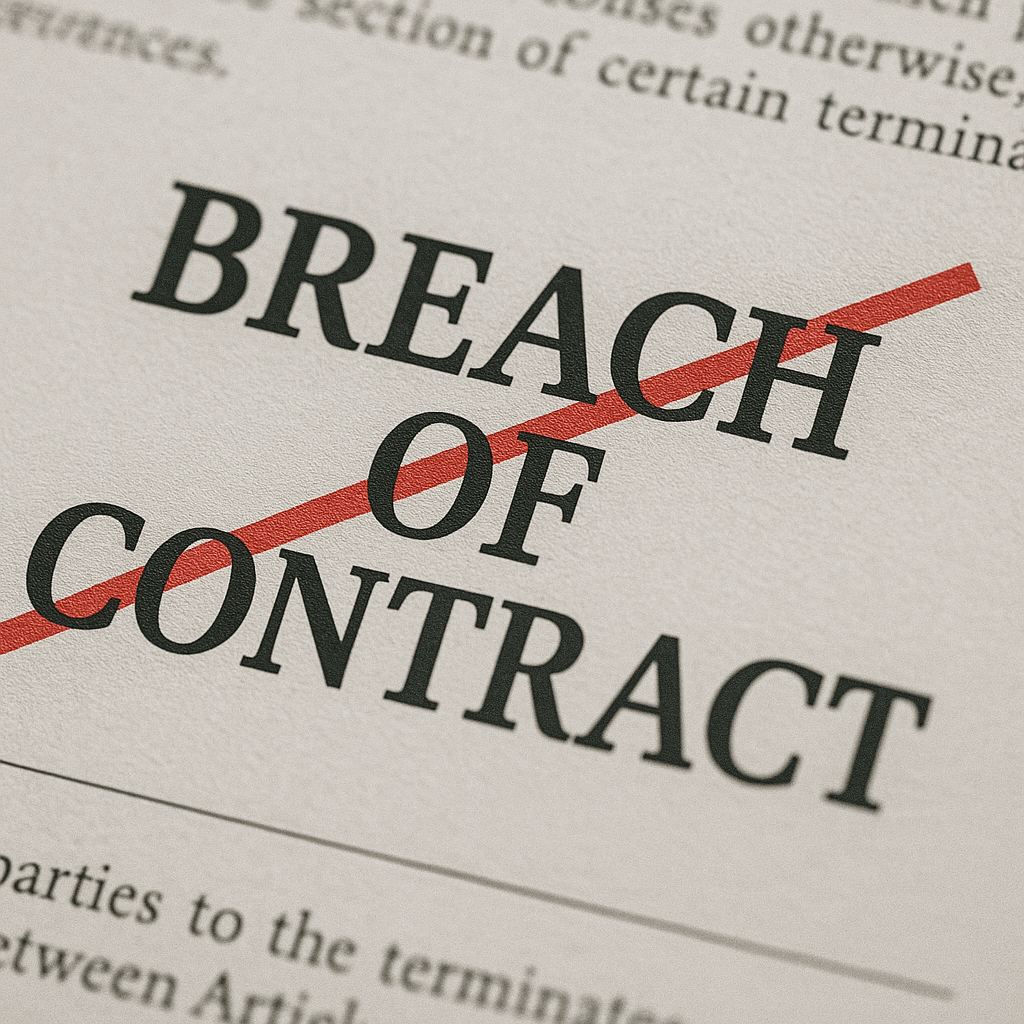How to Form a Limited Liability Company (LLC) in New York
Background
If you are a business owner, you may find that a limited liability company (LLC) structure is the best choice for your business. If you choose to go forward with your LLC, there are certain steps you will need to take to officially form an LLC in New York. Here are some of the requirements.
Table of Contents
Select a Name
The first step is often choosing a name for your LLC. The name must be easily identifiable and set your business apart from other New York Companies. The name must also include one of the following: LLC, L.L.C. or limited liability company. You may have to adhere to additional requirements if you include a restricted word in the name (e.g., bank).
Choose a Registered Agent and Provide an Address
In New York, you must choose the Secretary of State as the registered agent of your LLC to accept legal documents on behalf of the LLC. The Secretary of State will then mail these documents to an address you provide for the LLC.
File Your Articles of Organization
You will create a document that officially establishes the LLC known as the Articles of Organization. This document provides key details about the LLC and specifies whether it is member-managed or manager-managed. You will then file the Articles of Organization with the Department of State.
Adopt an Operating Agreement
You will need to enter into an operating agreement within 90 days of filing the Articles of Organization, or before/at the same time as the filing of the Articles of Organization. This document specifies how the LLC will be run and the obligations and rights of all members of the LLC.
Publish Notice
Once your LLC is formed, you will need to publish your Articles of Organization in a daily newspaper and weekly newspaper for six straight weeks, within 120 days of the LLC formation. You will then submit a Certificate of Publication and filing fee to the New York Department of State.
Making sure you meet all necessary requirements when forming your LLC will save you from business and commercial litigation in the future.







.png?content-type=image%2Fpng)